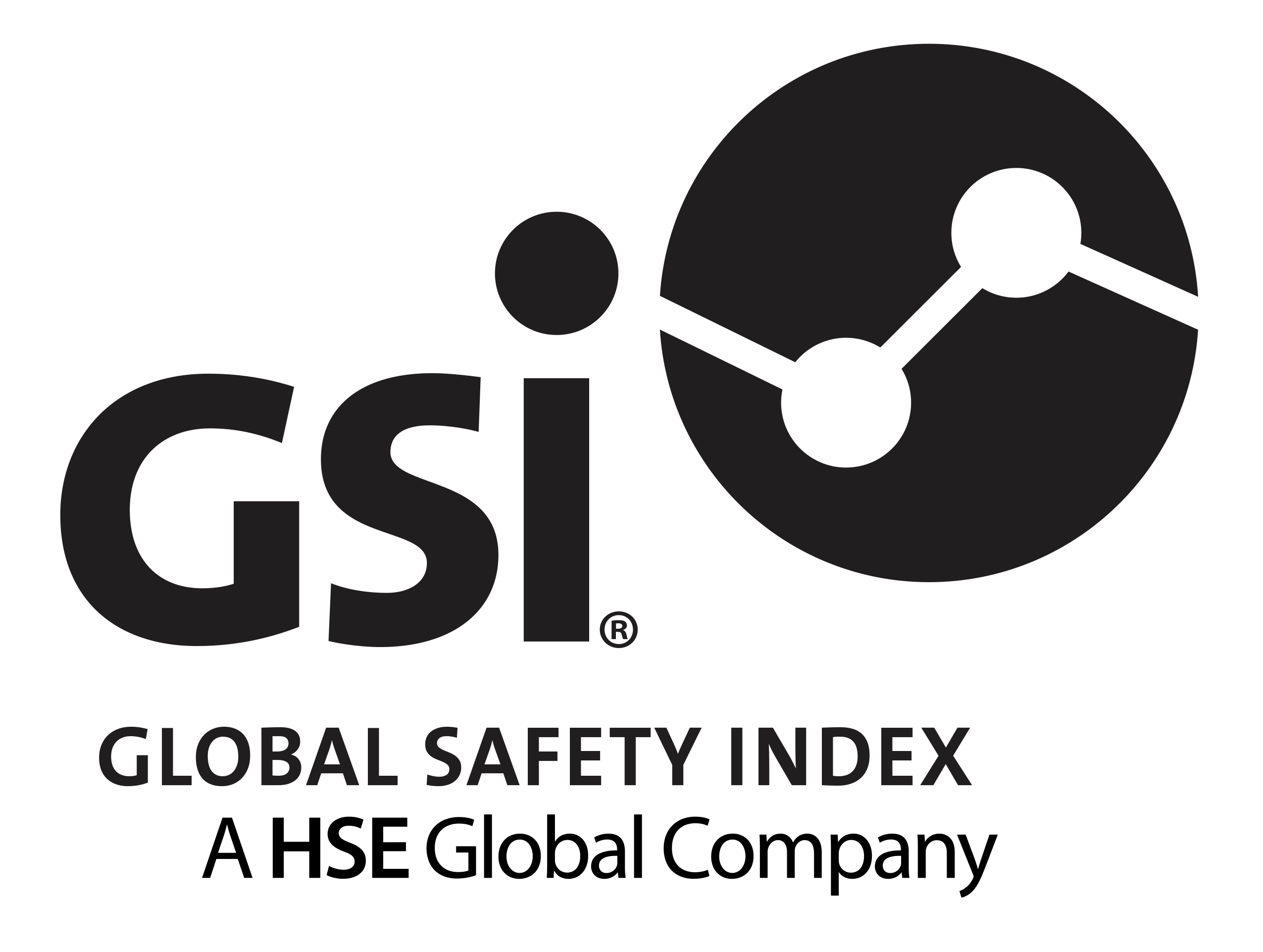It is accepted and acknowledged that it is problematic to assert a causal relationship between a survey score and an injury frequency rate. However, this is not the same as denying that a survey appropriately constructed, administered and scored can and does act as powerful motivator and guide in changing operational and management practice that can reasonably be assumed to positively influence behaviour and consequently safety performance.
Maybe this analogy is useful (and relevant!). I take my car in for a service on a regular basis. Not one diagnostic is done but several. Now the results of the diagnostics provide an overall picture of the vehicles roadworthiness. Possibly the result of one general diagnostic might prompt more targeted diagnostics. Even with all the computer technology it would not be unusual for the mechanic to actually take the car for a test drive to get a personal feel of how it is running. The mechanic should also have asked for my view as to any perceived problems as the owner and regular driver. You comment that the engine seems to be running a little rough. The diagnostics will provide more detailed and specific insight into this perception. Now of course the diagnostic does not in of itself enhance the performance of the car. It just tells me/the mechanic what might be wrong, what could be improved. What are the specific actions that could be made to improve the performance? They could be typical maintenance such as the replacement of the oil and air filters or more serious maintenance such as a whole exhaust system replacement, or a combination.
The decisions made based on the various diagnostics and other feedback and the actions taken are directly causative and reliable predictors of how the vehicle will perform until the next service.
The survey is not meant to be the predictor, to be the causal relationship. It is the decisions made and actions taken that can and should be validated against subsequent safety performance.

